 Shocking moments when PLA's weapons open fire
Shocking moments when PLA's weapons open fire Famous Lanzhou beef noodles
Famous Lanzhou beef noodles Armed Police hold anti-terrorism drill in SE China's Xiamen
Armed Police hold anti-terrorism drill in SE China's Xiamen Harbin Int'l Ice and Snow Festival opens
Harbin Int'l Ice and Snow Festival opens 'Jin' named the word of the year by cross-strait netizens
'Jin' named the word of the year by cross-strait netizens Chinese scientific expedition goes to build new Antarctica station
Chinese scientific expedition goes to build new Antarctica station
 Chinese naval escort fleet conducts replenishment in Indian Ocean
Chinese naval escort fleet conducts replenishment in Indian Ocean 17th joint patrol of Mekong River to start
17th joint patrol of Mekong River to start China's moon rover, lander photograph each other
China's moon rover, lander photograph each otherBEIJING, Jan. 14 -- With international anger continuing over Japan's recent provocations, Tokyo is reportedly planning a fresh outrage that may further jeopardize its relations with neighbors and heighten tension in the region.
The Japanese cabinet, with Prime Minister Shinzo Abe at the helm, is reportedly considering revising guidelines for school textbooks to describe two groups of islands, the Diaoyu Islands -- an integral part of Chinese territories, and the disputed islands known as Takeshima in Japan and Dokdo in South Korea, as the "indigenous territory" of Japan.
The move, coupled with Abe's recent visit to the Yasukuni Shrine, which honors Japan's war criminals, among other provocations, is probably part of Tokyo's struggle to restore the image of a strong Japan. However, they are doomed to be counterproductive.
No matter what Japan writes in its history textbooks, it can never deny the incontrovertible fact -- the Diaoyu Islands have been Chinese territory since ancient times.
Thus, the reported plan to change teaching manuals is nothing but a provocative act, which will deal a blow to Japan's already strained relations with neighbors.
The series of moves also escalates tension in Northeast Asia, since no government can turn a blind eye to such provocations. The situation strengthens no one, including Japan, which has been mired in economic stagnation for a long time.
Meanwhile, they damage Tokyo's image and dent its credibility -- the self-proclaimed "proactive contributor to peace" ends up being the regional troublemaker.
What's more worrying, this twisted history, if recorded in textbooks for secondary schools, will influence the minds of Japan's youth, who will run the country in the future, and thus dim the hope that Japan will one day acknowledge history and mend its relations with neighbors, whose people suffered under Japanese aggression during World War II.
If Abe wants to make Japan strong, he must understand that a strong man should be brave enough to face history, repent past atrocities and rectify mistakes.
On the contrary, Japan's actions are equal to an attempt to deny the outcome of the world anti-fascist war, and to deny and challenge the post-war international order, as well as the purposes and principles of the UN Charter.
In addition, a strong man takes responsibility. For Japan at present, the responsible things to do are to relinquish its dream to rebuild a militaristic country, sincerely reflect on history and correctly teach the coming generations, in order to safeguard regional peace and prosperity.
 In photos: Ten 'tuhao' devices in 2013
In photos: Ten 'tuhao' devices in 2013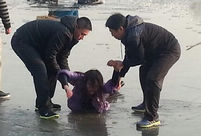 College students saved from an ice hole by brave citizens
College students saved from an ice hole by brave citizens Gallery: Top 10 box office hits in 2013
Gallery: Top 10 box office hits in 2013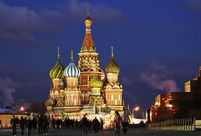 Beautiful churches around the world
Beautiful churches around the world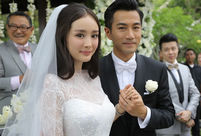 Yang Mi, Hawick Lau hold wedding in Bali
Yang Mi, Hawick Lau hold wedding in Bali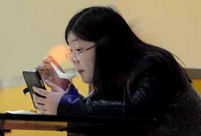 'Phubbing' people seen everywhere
'Phubbing' people seen everywhere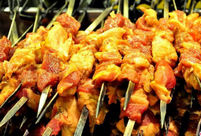 World's biggest snack shop in China
World's biggest snack shop in China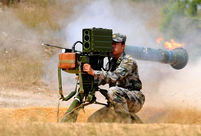 Shocking moments when PLA's weapons open fire
Shocking moments when PLA's weapons open fire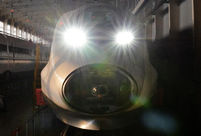 World's fastest train CRH380A assembled in E China
World's fastest train CRH380A assembled in E China Successful first 300-meter saturation dive
Successful first 300-meter saturation dive Fire burns down ancient town in Shangri-la
Fire burns down ancient town in Shangri-la Luxurious car adorned with coins
Luxurious car adorned with coins Female Chinese soldiers' 'brutal' training
Female Chinese soldiers' 'brutal' training Undie Run competition held in Nanjing
Undie Run competition held in Nanjing Advanced Chinese weapons that stepped into spotlight in 2013
Advanced Chinese weapons that stepped into spotlight in 2013Day|Week|Month